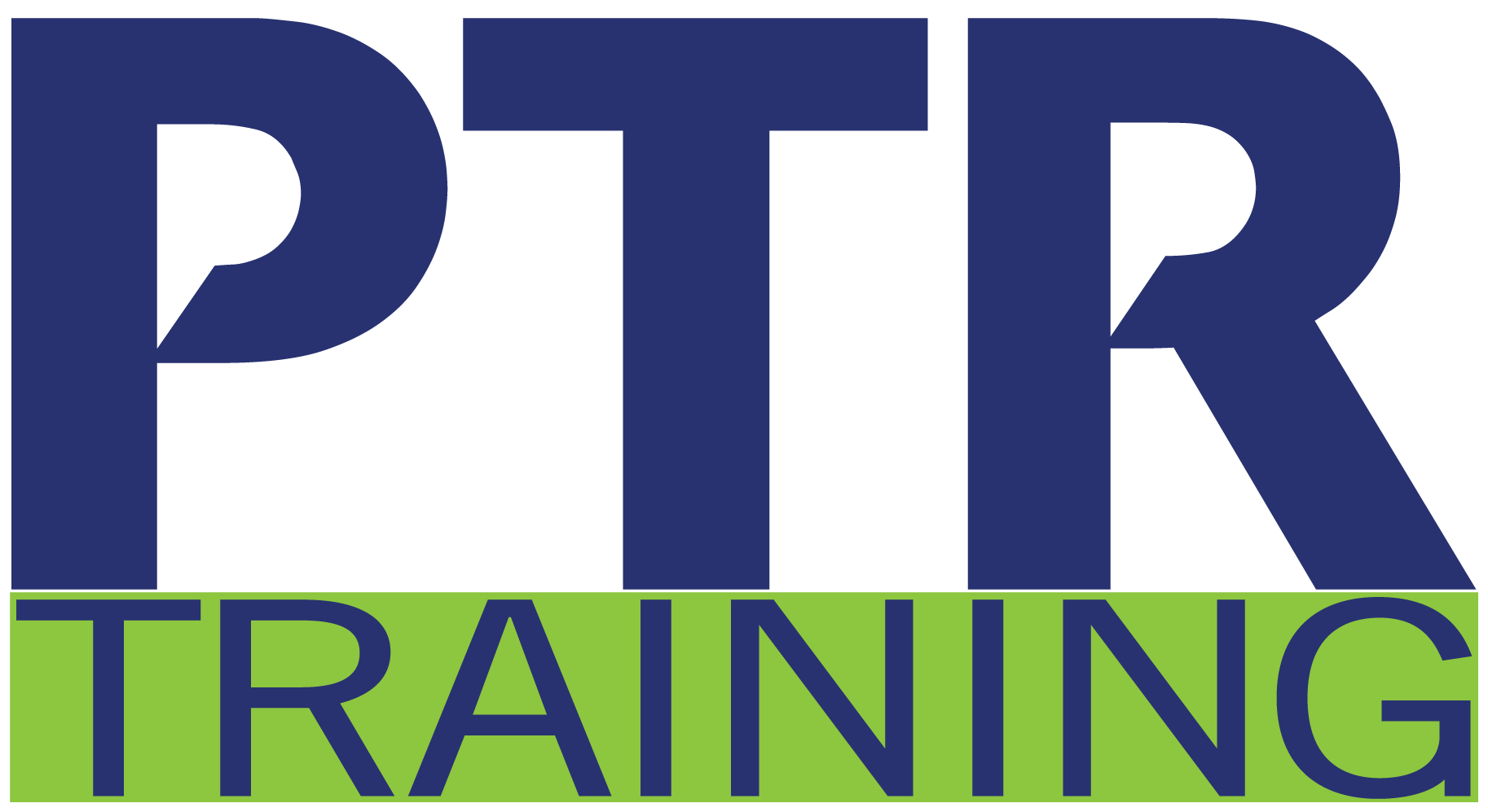As a leader, successfully navigating diverse challenges requires flexibility and adaptability. This is crucial, as statistics highlight: 90% of executives prioritize agility, and organizations that embrace adaptability consistently outperform their competitors.
Adaptive leadership thrives on flexibility, creativity, and responsiveness. It rejects the one-size-fits-all mentality, advocating for leaders to tailor their strategies to fit specific contexts and team dynamics.
In the realm of adaptive leadership, mastering various styles is key:
- The Guide – Directive Leadership: This style provides clear direction and supervisor, ideal for new or transitioning team members who benefit from structured guidance.
- The Coach – Coaching Leadership: Focused on nurturing growth, this style supports individuals and teams in unlocking their potential through mentorship and skill development.
- The Champion – Supportive Leadership: This style creates a nurturing environment and supports experienced teams facing challenges, fostering resilience and motivation.
- The Empoweree – Delegative Leadership: Empowering capable team members, this style delegated decision-making and ownership to those with proven competence, promoting autonomy and accountability.
To thrive as an adaptive leader, cultivate self-awareness, build robust relationships, encourage open communications, and foster a culture of continuous learning and experimentation.
Sources:
LinkedIn, Adaptive Leadership.
MasterClass, Adaptive Leadership Tips.
As a leader, successfully navigating diverse challenges requires flexibility and adaptability. This is crucial, as statistics highlight: 90% of executives prioritize agility, and organizations that embrace adaptability consistently outperform their competitors.
Adaptive leadership thrives on flexibility, creativity, and responsiveness. It rejects the one-size-fits-all mentality, advocating for leaders to tailor their strategies to fit specific contexts and team dynamics.
In the realm of adaptive leadership, mastering various styles is key:
- The Guide – Directive Leadership: This style provides clear direction and supervision that is ideal for new or transitioning team members who benefit from structured guidance.
- The Coach – Coaching Leadership: Focused on nurturing growth, this style supports individuals and teams in unlocking their potential through mentorship and skill development.
- The Champion – Supportive Leadership: This style creates a nurturing environment and supports experienced teams facing challenges, fostering resilience and motivation.
- The Empoweree – Delegative Leadership: This style empowers capable team members by delegating decision-making and ownership to those with proven competence, promoting autonomy and accountability.
To thrive as an adaptive leader, cultivate self-awareness, build robust relationships, encourage open communications, and foster a culture of continuous learning and experimentation.
Sources:
LinkedIn, Adaptive Leadership.
MasterClass, Adaptive Leadership Tips.










